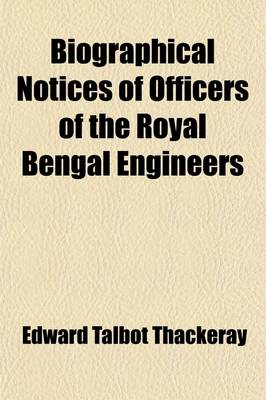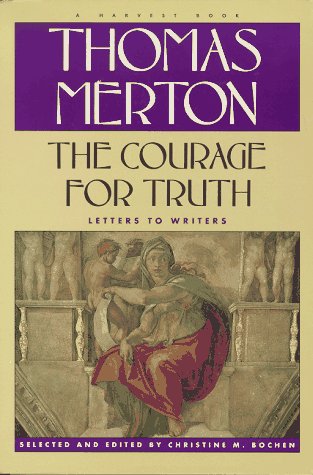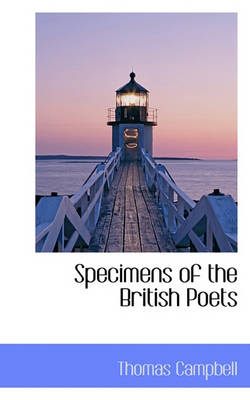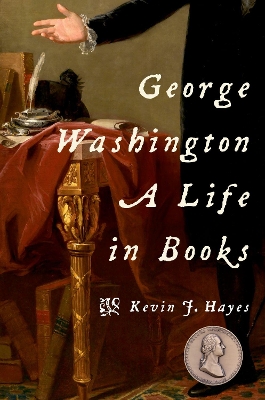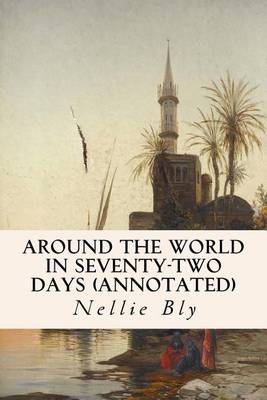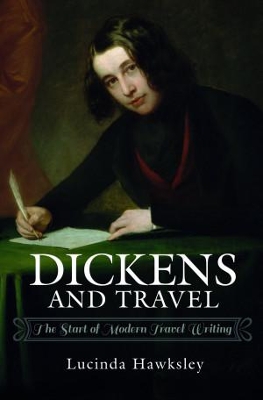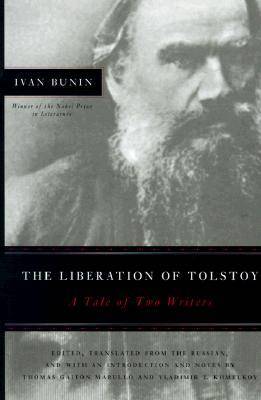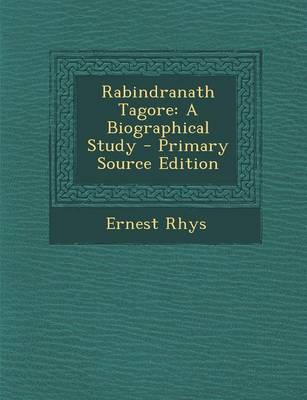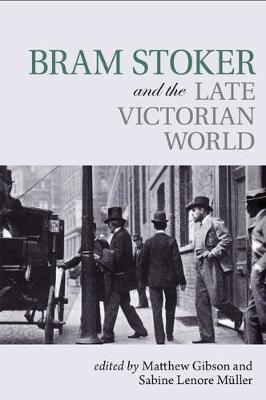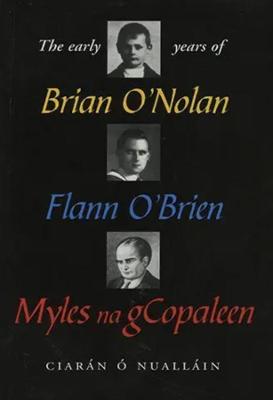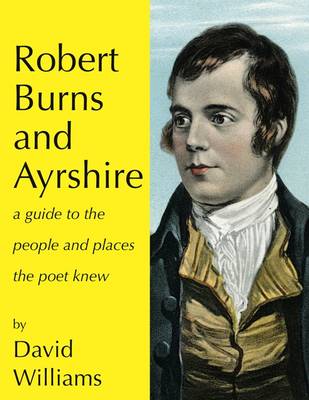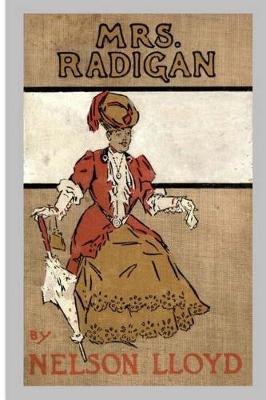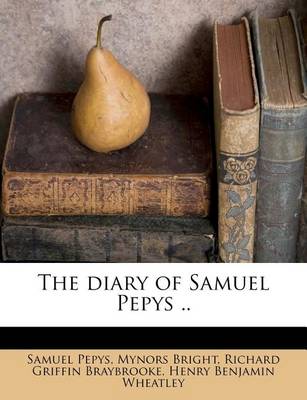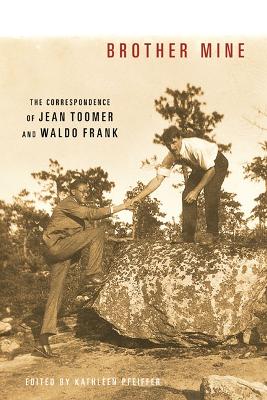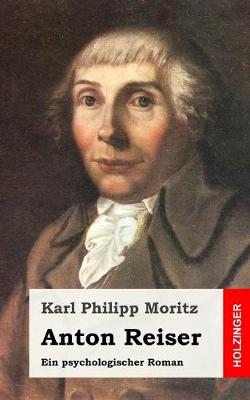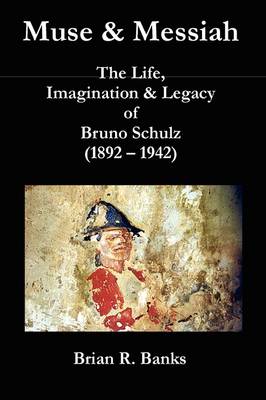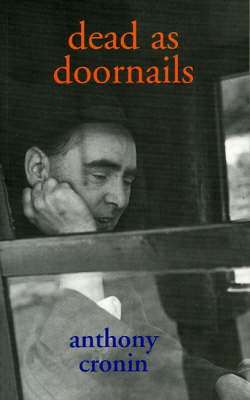Biographical Notices of Officers of the Royal (Bengal) Engineers
by Edward Talbot Thackeray
When it comes to the Founding Fathers, Thomas Jefferson, Benjamin Franklin, and Alexander Hamilton are generally considered the great minds of early America. George Washington, instead, is toasted with accolades regarding his solid common sense and strength in battle. Indeed, John Adams once snobbishly dismissed him as "too illiterate, unlearned, unread for his station and reputation." Yet Adams, as well as the majority of the men who knew Washington in his life, were unaware of his singular dev...
In the months leading up to the birth of her first child, Hannah Palmer discovers that all three of her childhood houses have been wiped out by the expansion of Atlanta's Hartsfield-Jackson International Airport. Having uprooted herself from a promising career in publishing in her adopted Brooklyn, Palmer embarks on a quest to determine the fate of her lost homes-and of a community that has been erased by unchecked Southern progress. Palmer's journey takes her from the ruins of kudzu-covered, a...
The Life of James Joyce (Blackwell Critical Biographies)
by Ronald Bush
Preface. Introduction: John S. Rickard and Harold Schweizer. The Idea of Psychoanalytic Criticism. Changes in Margins: Construction, Transference, and Narrative. The Storyteller. Constructing Narrative: An Interview with Peter Brooks. Peter Brooks: A Bibliography, 1963- 1993. Index.
From childhood, Charles Dickens was fascinated by tales from other countries and other cultures, and he longed to see the world. In Dickens and Travel, Lucinda Hawksley looks at the journeys made by the author - who is also her great great great grandfather. Although Dickens is usually perceived as a London author, in the 1840s he whisked his family away to live in Italy for year, and spent several months in Switzerland. Some years later he took up residence in Paris and Boulogne (where he live...
The Liberation of Tolstoy (Studies in Russian Literature and Theory)
by I.A. Bunin
This first annotated translation of Ivan Bunin's The Liberation of Tolstoy is a timely accompaniment to the ongoing revival of the Russian writer, both in his homeland and the West. Written in 1937, more than two decades after Leo Tolstoy's death, The Liberation of Tolstoy--equal parts biography, memoir, and literary study--serves as a dialogue between two great writers on the proklyatye voprosy, or "damned questions," of life.
The Early Years Of Brian O'Nolan/Flann O'Brien/Myles Na Gcopaleen
by Ciaran O'Nuallain
Ciaran O Nuallain's memoir of his brother Brian O'Nolan (1991-66), the only major source on the early life of the man who later achieved literary fame as Flann O'Brien and Mylan na gCopaleen, appears here for the first time in English. First published in Irish as Oige an Dearthar in 1973, it recounts a peripatetic childhood during which the family moved between Strabane, Tullamore and Dublin in consequence of their father's work as a Customs and Excise officer. There are accounts of the brothers...
Francis Steegmuller's beautifully executed double portrait of Madame Bovary and her maker is a remarkable and unusual biographical study, a sensitive and detailed account of how an unpromising young man turns himself into one of the world's greatest novelists. Steegmuller starts with the young Flaubert, prone to mysterious fits, hypochondriacal, at odds with and yet dependent on his bourgeois family. Then, drawing on Flaubert's voluminous correspondence, Steegmuller tracks his subject through fr...
John Marshall (c.1784-1837) was a naval officer and biographer. He first went to sea at the age of nine, and by the end of the Napoleonic Wars in 1815 had reached the rank of lieutenant. After the war, he started to research the lives of contemporary high-ranking naval officers, some of whose service reached as far back as 1760. These volumes, first published between 1823 and 1830, contain the results of this monumental research, and demonstrate the new 'cult' of the navy in the early nineteenth...
Christina Rossetti was the youngest of four children. Like Elizabeth Barrett Browning, she suffered the tyranny of a loving family, being restrained by the "police surveillance" of her sister Maria and the goodness of their mother. Although she and her brother Dante Gabriel were known as the "two storms", she curbed her passionate nature, and a love of life was replaced in her work initially by the bitterness of the lonely and ultimately by the conviction of the religious. Comparing her situatio...
The Diary of Samuel Pepys .. (Dover Books on Literature & Drama) (Modern Library)
by Henry Benjamin Wheatley, Samuel Pepys, and Mynors Bright
Samuel Pepys is as much a paragon of literature as Chaucer and Shakespeare. His Diary is one of the principal sources for many aspects of the history of its period. In spite of its significance, all previous editions were inadequately edited and suffered from a number of omissions--until Robert Latham and William Matthews went back to the 300-year-old original manuscript and deciphered each passage and phrase, no matter how obscure or indiscreet. The Diary deals with some of the most dramatic ev...
Brother Mine
The friendship of Jean Toomer and Waldo Frank was one of the most emotionally intense, racially complicated, and aesthetically significant relationships in the history of American literary modernism. Waldo Frank was an established white writer who advised and assisted the younger African American Jean Toomer as he pursued a literary career. They met in 1920, began corresponding regularly in 1922, and were estranged by the end of 1923, the same year that Toomer published his ambitiously modernist...
Published in 1790, this book follows the first 21 years of the author's life. The hero has an unhappy childhood amid parental discord, is apprenticed to a pietistic hatmaker, is sent away to school, runs away from school to go on to the stage but fails as an actor. The book leaves his problem unsolved, but is also an exploration of fiction as psychological process, and one of the great 18th-century autobiographies.
Muse and Messiah: The Life, Imagination and Legacy of Bruno Schulz, (1892-1942) (Axis, #2)
by Brian R. Banks
Dead as Doornails, first published in 1976, brings back into print a true classic of Irish memoir. Anthony Cronin's account of life in post-war literary Dublin is as funny and colourful as one would expect from an intimate of Brendan Behan, Patrick Kavanagh and Myles na Gopaleen; but it is also a clear-eyed and bracing antidote to the kitsch that passes for literary history and memory in the Dublin of today. Cronin writes with remarkable subtlety of the frustrations and pathologies of this gener...
